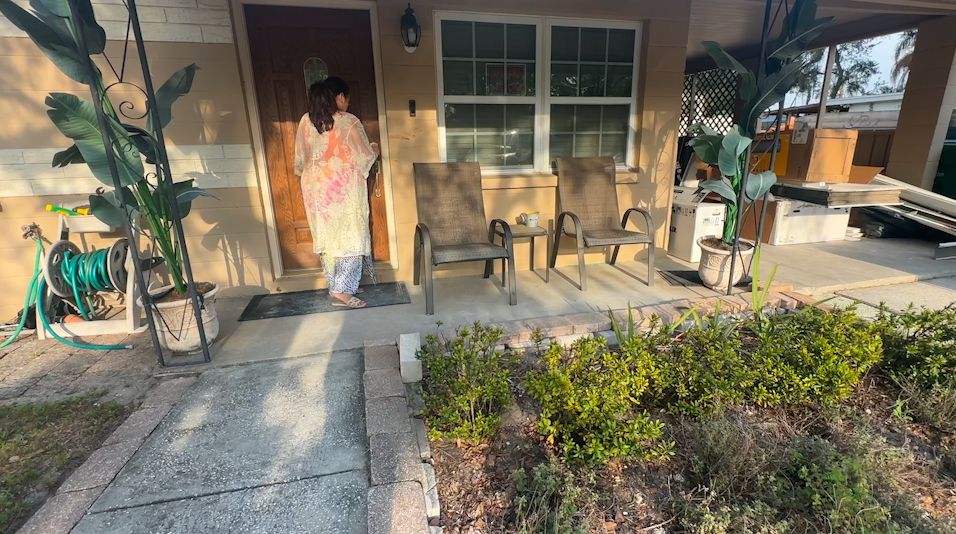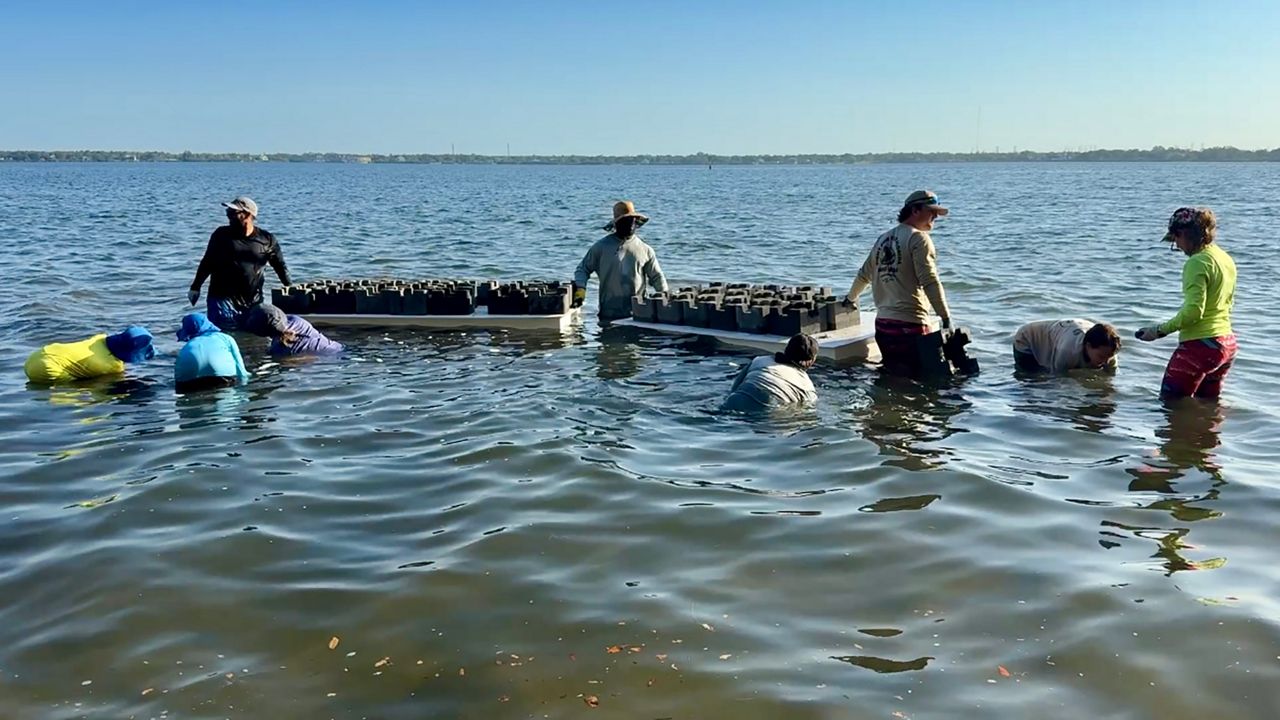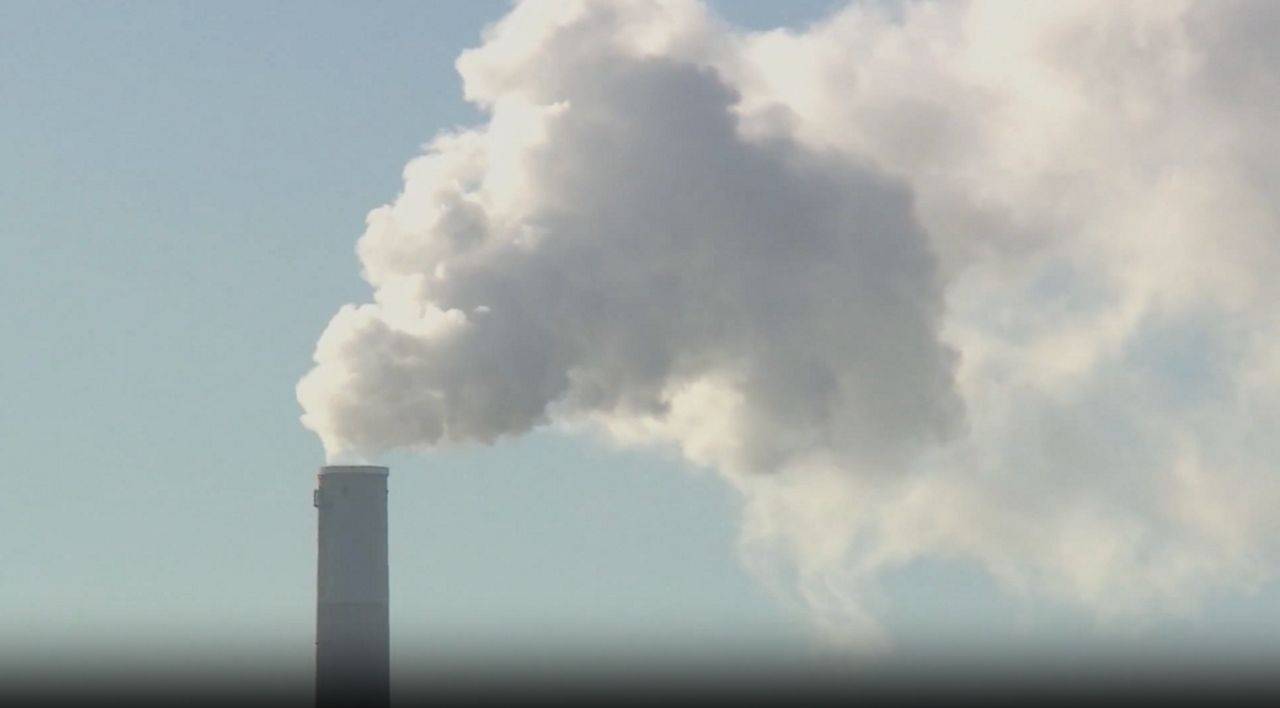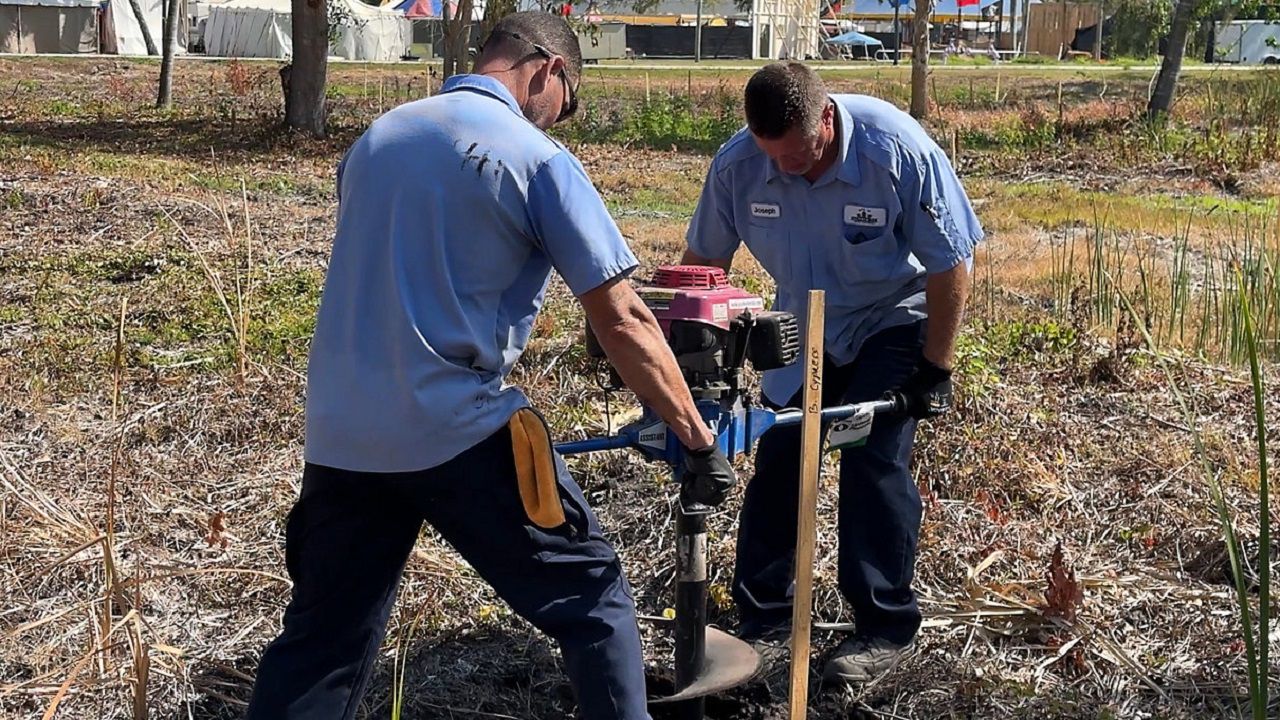TAMPA, Fla. — Like Forrest Gump after a hurricane, the shrimp boat “Fortuna” was flush with shrimp after a recent outing.
Capt. Jimmy Schrader has been a shrimp boat captain for 29 years and has recently worked with Versaggi Shrimp Corporation, sailing sometimes a month at a time around the Gulf of Mexico and other spots searching for shrimp.
“It’s beautiful out there,” Schrader said. “That’s for providing stuff for people, you know, you are providing a service. It’s rewarding.”
He just spent the last 31 days on the Fortuna and has the shrimp to show for it. They’ve caught thousands of pounds that will be put into a truck and sold. Despite the amount of shrimp, Schrader said business hasn’t been great.
“I’ve been shrimping all these years and I’ve never caught as many shrimp as I’ve caught in the last three years and got paid so little for doing it,” he said.
He says the problem is being caused by lower priced foreign imported shrimp from other parts of the world.
According to the Southern Shrimp Alliance, 94% of shrimp eaten in the United States is imported, with much of the shellfish coming from places like Ecuador and India.
But recently, industry workers are optimistic for a potential turnaround after the Trump administration announced tariffs on countries like India, Ecuador and Indonesia, which account for a sizeable percentage of imported shrimp.
According to the Southern Shrimp Alliance, those three countries alone will see tariffs between 10-32%, which will significantly increase prices for foreign shrimp.
“it’s going to be interesting, you know, how this thing plays itself out,” said Justin Versaggi, co-owner of Versaggi Shrimp Corp.
Versaggi is a fourth-generation Versaggi running the business, and said the global oversupply has depressed the local market, so he’s hopeful these tariffs will revive his industry.
“We’re encouraged that the administration is doing something, you know, we’ve got to do something because if it goes away it goes away forever,” he said.
Both Versaggi and Schrader said they were optimistic because regardless of whether prices go up because there is less international shrimp in the market, their catch is second to none.
“It won’t taste nothing like what come out of that bag,” Schrader said, referring to the shrimp he and his crew caught in the Gulf. “The taste is just unbelievable. The difference.”
While they’re hopeful the tariffs will benefit their industry, Versaggi is interested to see how the they affect other parts of their business, since they are using other materials that are made in places like Korea and China.
Despite being a shrimp wholesaler, Versaggi also sells shrimp directly to customers from his facility near the Port of Tampa.












